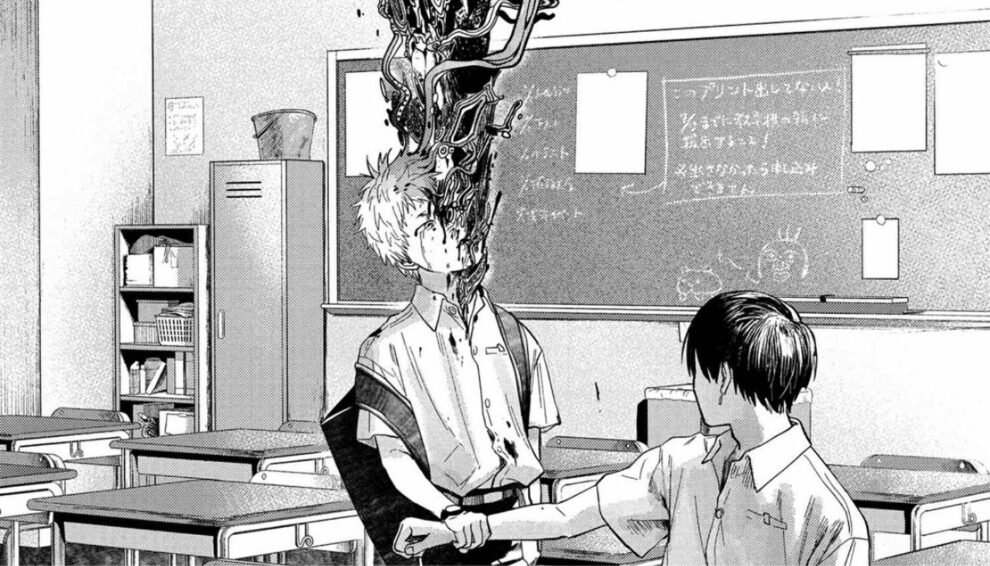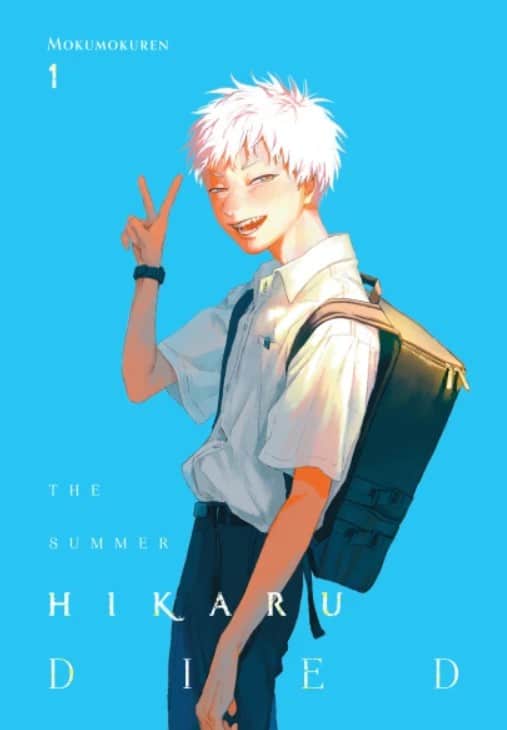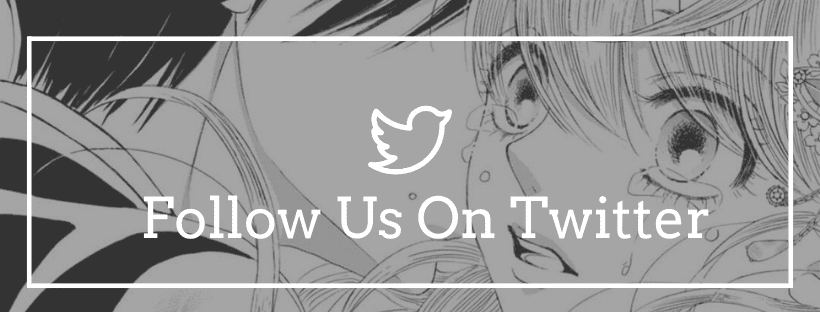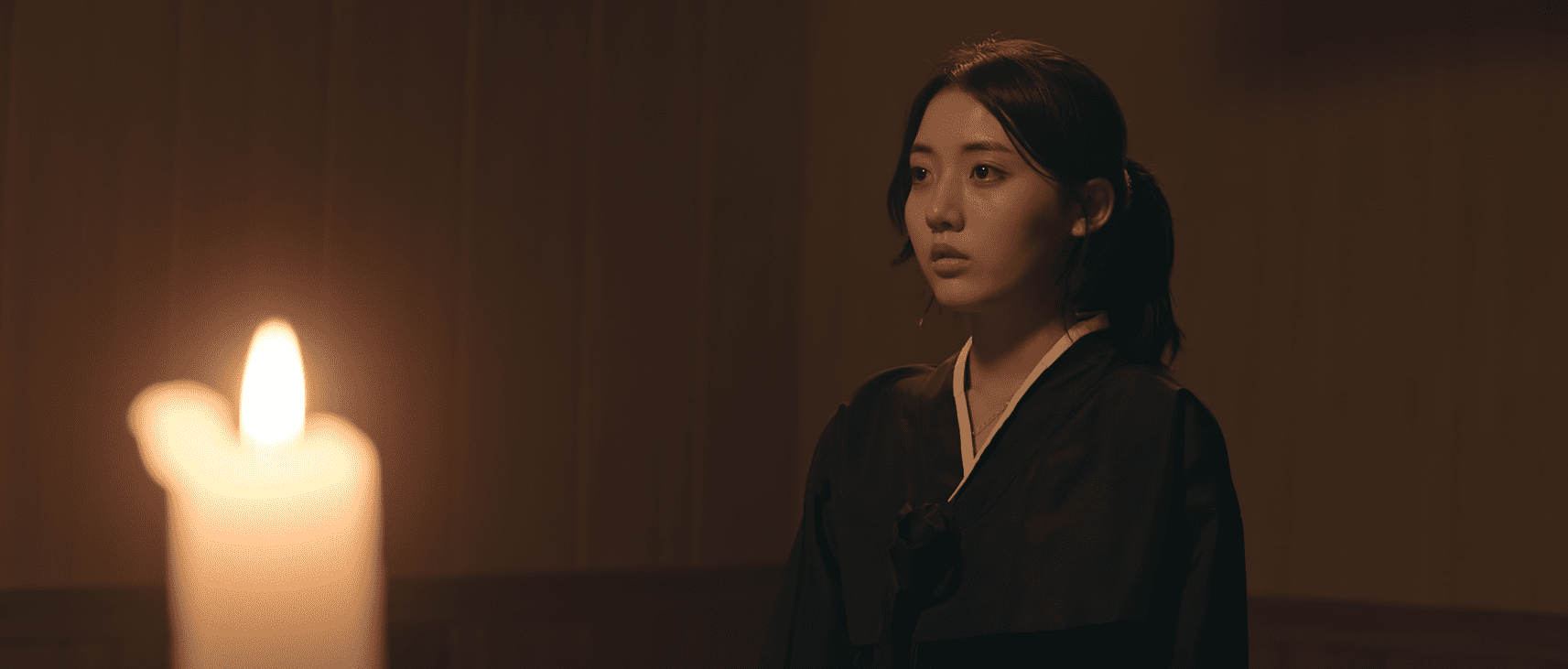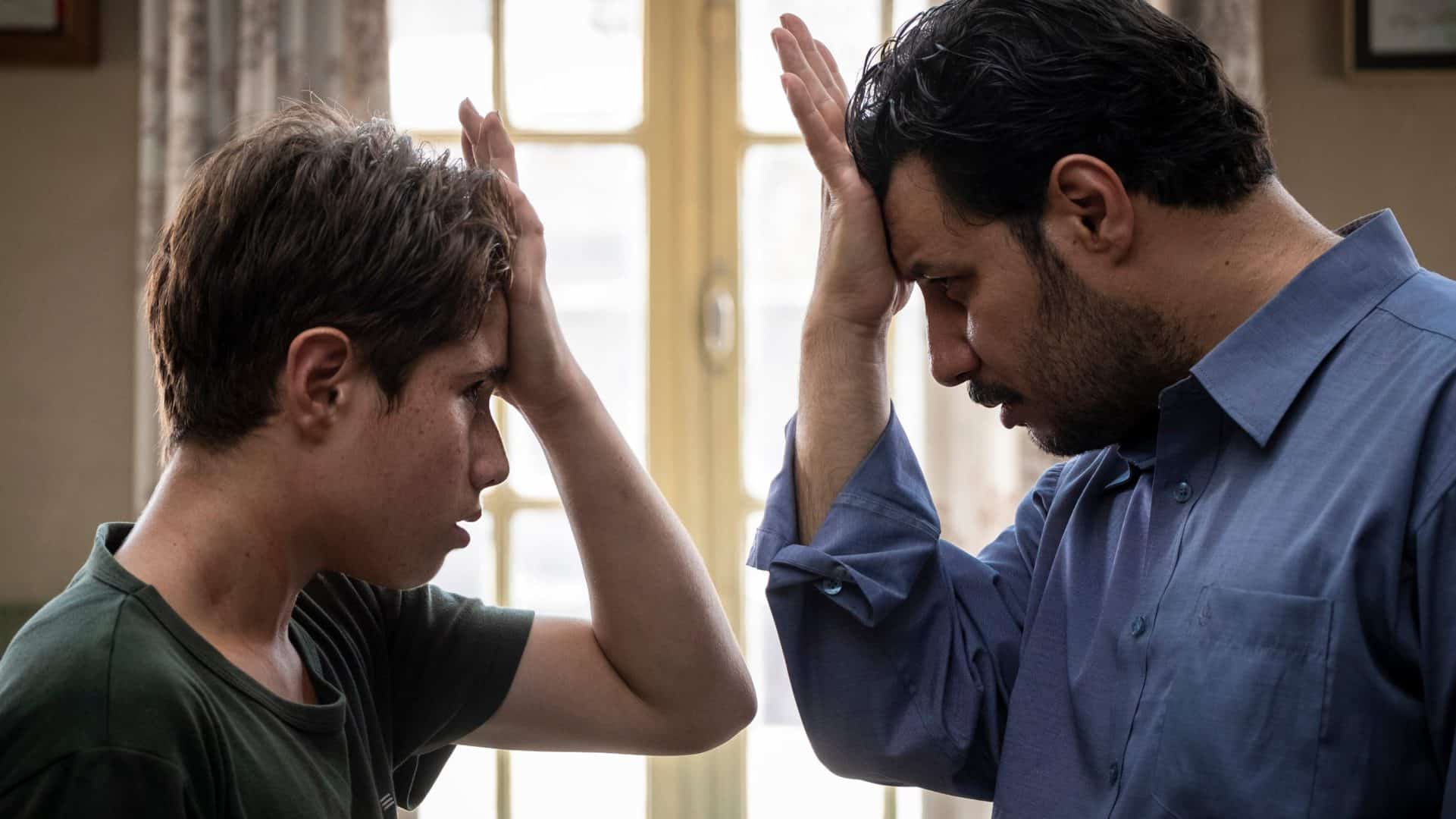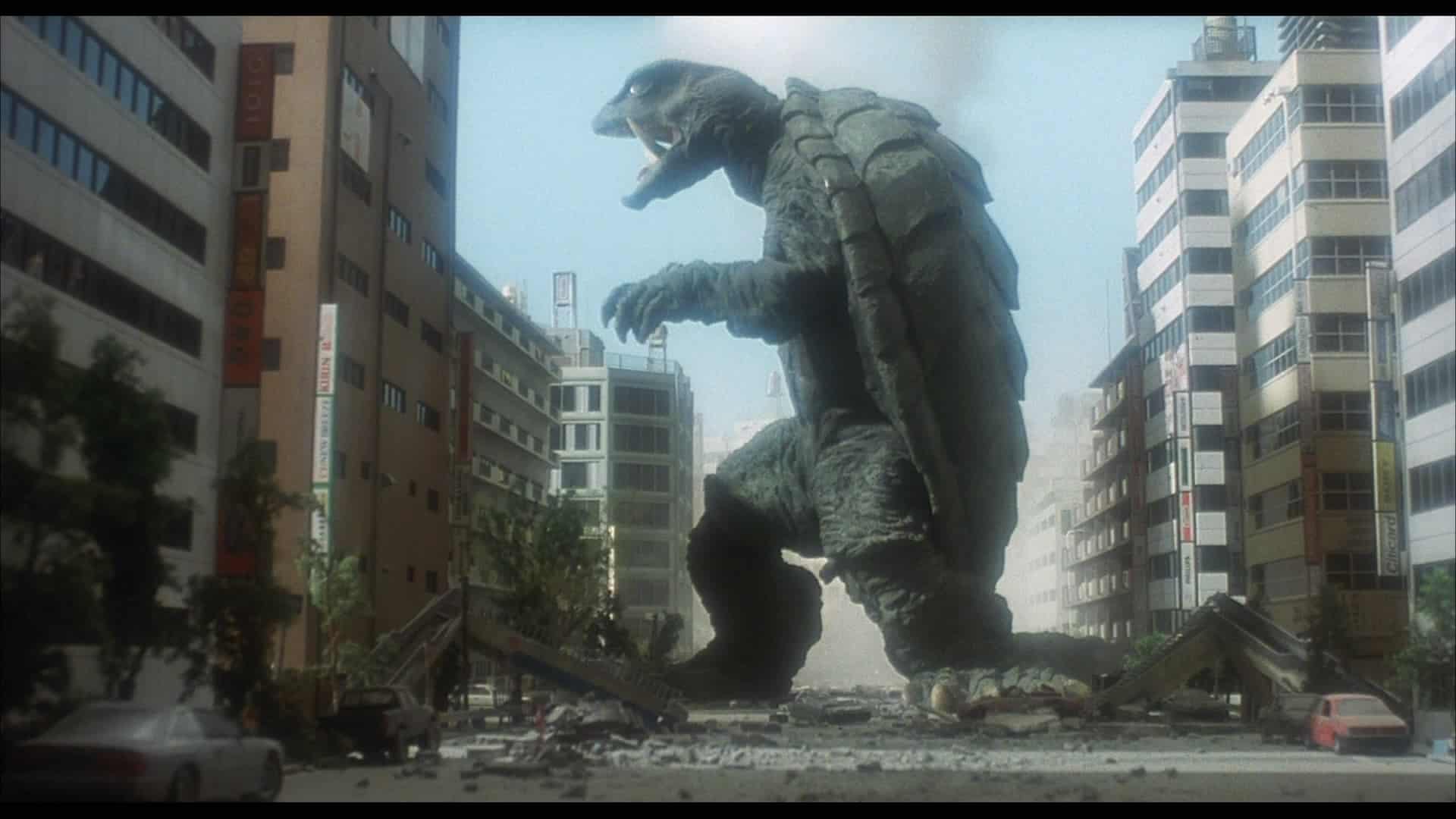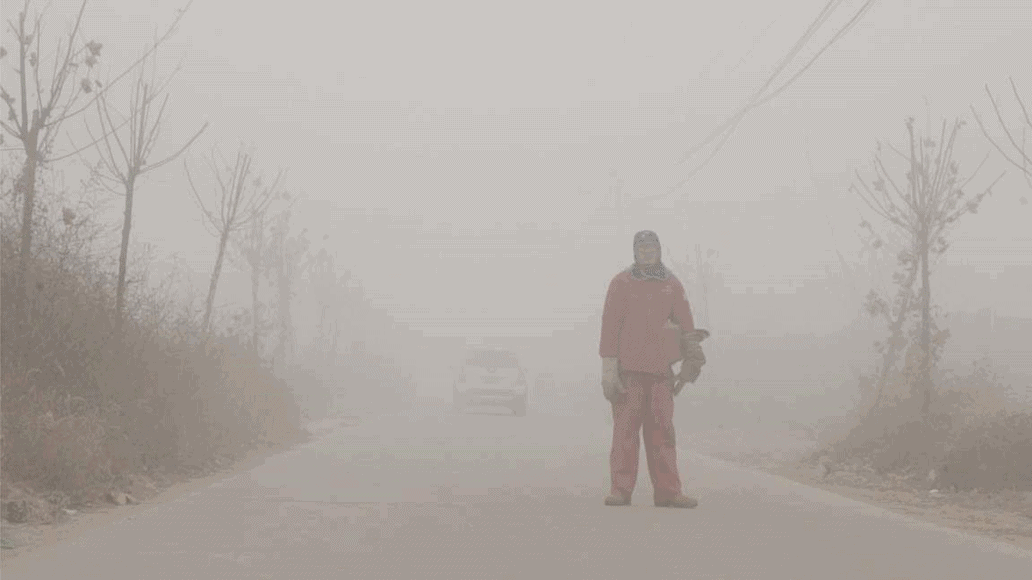“It has Hikaru's face. It has Hikaru's voice. It even has Hikaru's memories. But whatever came down from the mountains six months ago isn't Yoshiki's best friend. Whatever it is, it's dangerous. Carrying on at school and hanging out as if nothing has changed—as if Hikaru isn't gone—would be crazy…but when it looks so very like Hikaru…and acts so very like Hikaru…” (Yen Press)
Starting from a Twitter-posted concept from its creator, “The Summer Hikaru Died” has seen quite an impressive journey leading up to its publication in English by Yen Press. From the series gaining a moderate fanbase on Twitter, Mokumokuren was approached by Young Ace Up for regular publication, which would later read to the series being collected across (a current) three-volume run. The initial volume met with critical and financial success, selling over 200,000 on release, and as of June 2023, the series had 1.4 million copies in circulation. Consequently, there was hype from the manga fandom in the West to finally experience the cult hit for themselves. Thankfully, “The Summer Hikaru Died” does not disappoint and lives up to the accolades bestowed upon it in its native Japan.
The series presents a unique take on the horror and BL genre, amalgamating the two in a way that does not isolate fans of either genre. The general confusion of coming of age and terms with sexuality merges with horror in an abstract way that evokes cosmic and body horror in equal measure. Consequently, the book touches on both authentic and abstract concepts of terror while maintaining a sincerity grounded in the realism of the experiences of many youths in trying to discern their identity. It is a precarious balance that Mokumokuren navigates with mastery few mangakas' can tap into.
However, the series' emphasis fits better with horror than the BL genre, as a consistent sense of dread permeates all interactions between Hikaru & Yoshiki. Moreover, elements of ‘romance' often come through reflections from Yoshiki of what he lost by his friend's death and replacement by a… well, what Hiraku is, stays uncertain in the inaugural release. The relationship between the two is also used to heighten moments of body horror, with one particularly shocking scene in which Yoshiki “enters” Hiraku's chest.
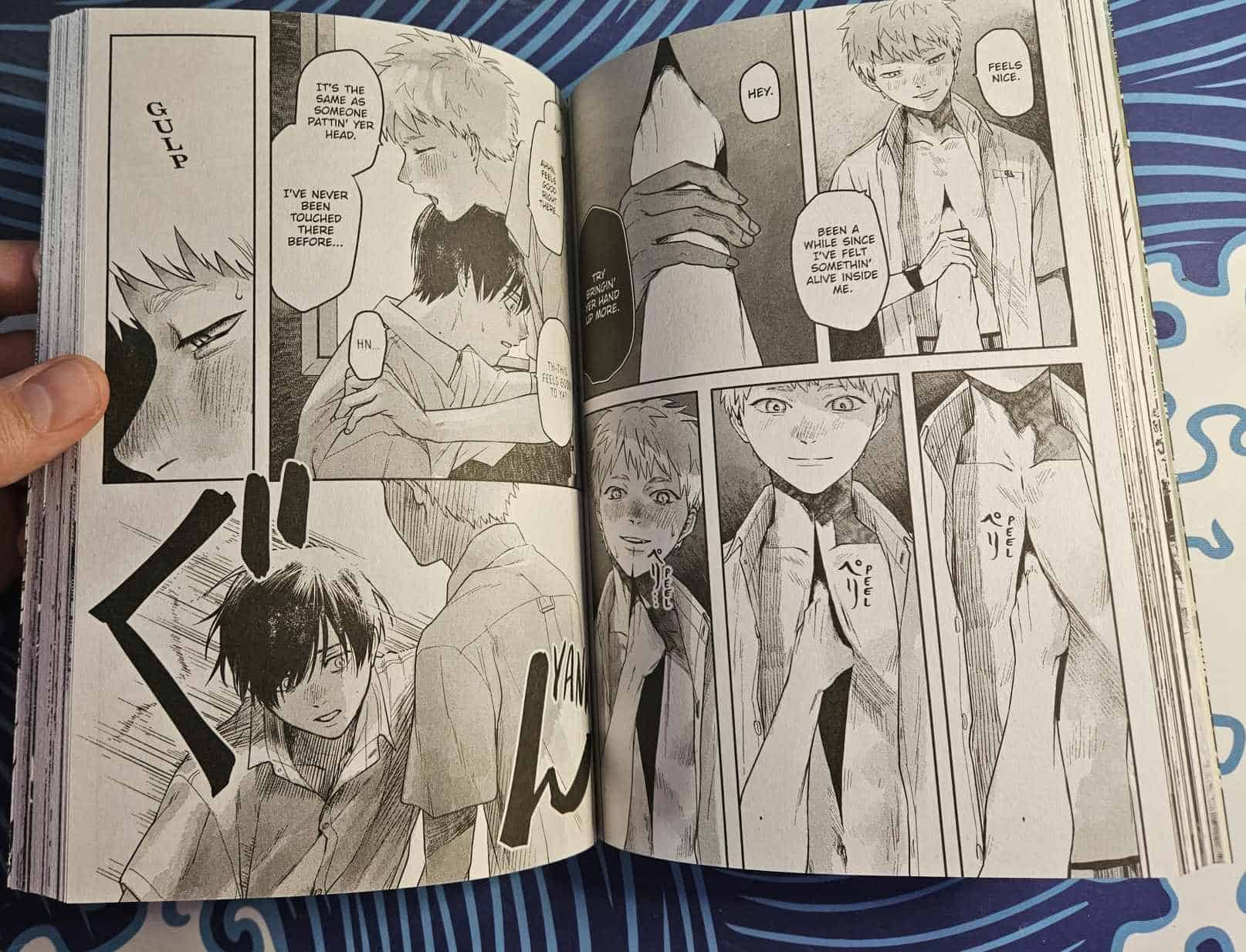
This consistent uneasiness delightfully amplifies the horror, and it is impressive how much story is packed into the inaugural release. Clever dialogue, flashbacks, and visual chaos all meld in a fresh and exciting manner. Given the series is in its infancy and still running, there is the potential to err further down the line. Still, for a first volume, “The Summer Hiraku Died” is as perfect as an introduction to a series that manga fans will ever experience.
Adding to this sense of dread is a sharp visual direction that thrives when leaning into abstract horror. Yet, what makes these moments of resonate is the reserve that Mokumokuren uses throughout. The story builds up to these visual stings by emphasizing the uncomfortable nature of Yoshiki and Hiraku's relationship instead of constantly bombarding readers with disturbing imagery. Contrasting with serene interactions of everyday life, “The Summer Hikaru Died” transitions into horror are all the more pronounced and unsettling. As a visual concept and execution, the manga is one of the most defined and memorable to come out of the genre–utterly unnerving.
Yen Press, undeniably, has something special on its hands with “The Summer Hikaru Died.” As long as readers are comfortable with graphic content, the manga should be essential reading for horror fans and the general readership. If the series continues to improve, its notoriety will have you kicking yourself when later volumes drop and the initial books become harder to track down.


